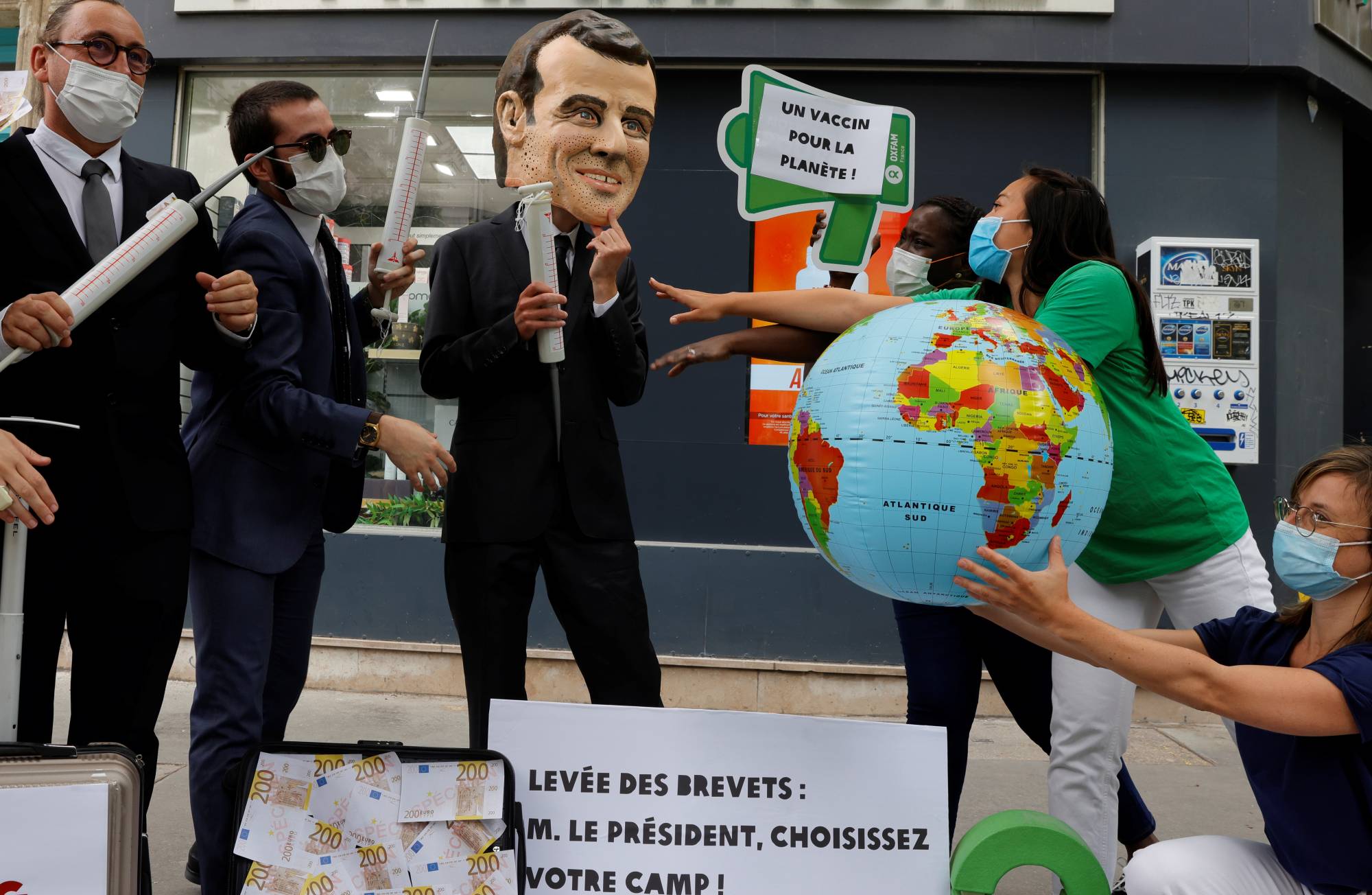Since the G7 last met in August 2019, COVID-19 has resulted in 3.5 million deaths and economic losses projected to reach $22 trillion by 2025 — an economic shock 80% greater than the one following the 2008 global financial crisis.
Each of those cataclysmic events sparked bold, effective multilateralism that made the world safer and more prosperous thereafter. The G7 now has an opportunity to demonstrate the same kind of leadership at its summit in Cornwall this week.
As the current G7 president, the United Kingdom hopes to lead the global recovery from the COVID-19 recession in a way that strengthens the world’s resilience against future pandemics. Achieving this objective will require more money, but also further-reaching financing and reforms. Today’s leaders must address the specific failings of past pandemic financing efforts by linking long-term investments in preparedness to early-stage rapid financing mechanisms.


















With your current subscription plan you can comment on stories. However, before writing your first comment, please create a display name in the Profile section of your subscriber account page.